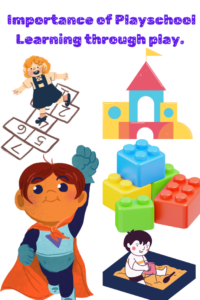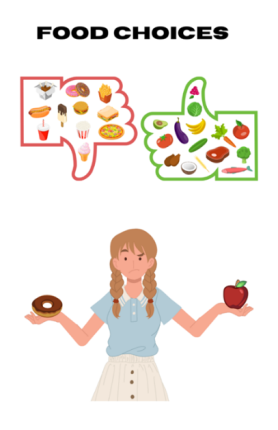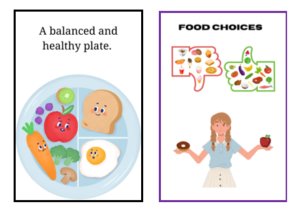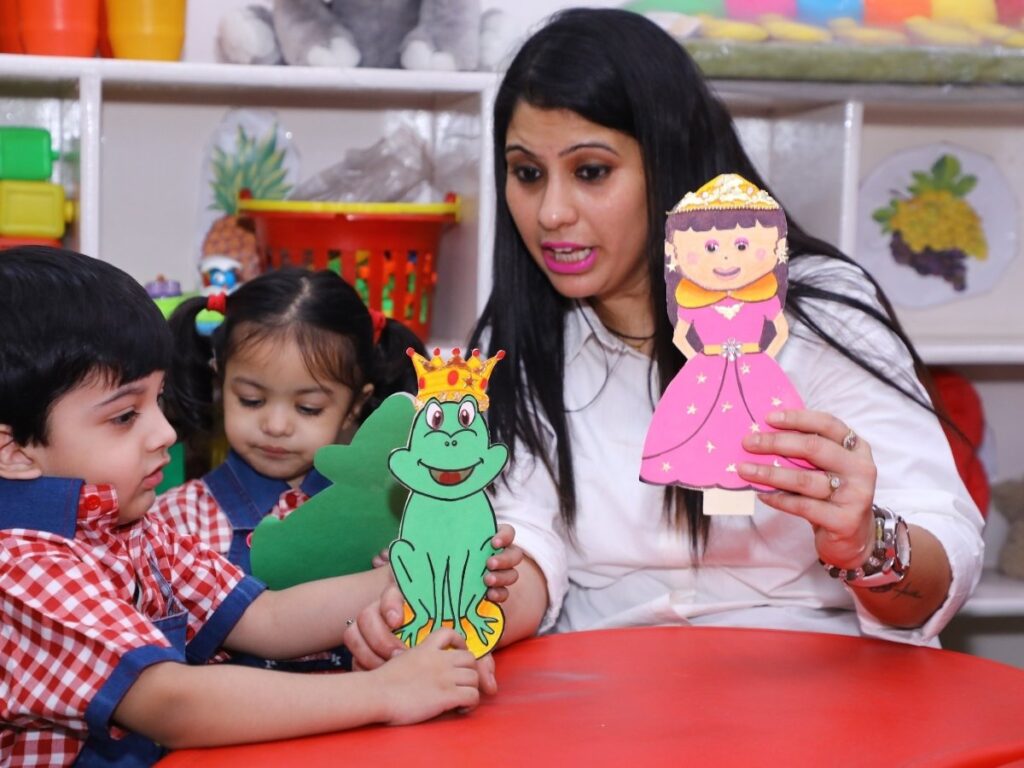
Welcome To The Silverline Prestige School
Nutrition for school-going children: What’s on your child's plate?


We are a generation of food consumers with easy availability and access to all types of food items all-round the year. But this ease of consumption has reshaped our eating habits for the worse. Our children are privy to our fast-food culture and this will have a significant impact on their relationship with food. Childhood is a crucial time when lifelong food-eating practices are ingrained.
Silverline Prestige, in this blog, looks at a few of the essential aspects of a child’s nutrition and why nutrition is the bedrock of their physical and cognitive growth.
Does your child’s tiffin or meal have these food items regularly:

While these food items look fancy to the child and easy for you to pack, the truth is these food items are nothing but empty calories with poor nutritive value and the primary reason for childhood obesity and other health-related problems.
Let us now look at a possible after-school conversation.

Possible outcomes of this scenario?
- The child outrightly rejects the meal only to feel ravaging hunger after a while and reaches out for a packet of chips or easily available processed food.
- The child gobbles the roti and leaves the dal and veggies as it is.
- Opts for only curd and rice.
- You end up ordering something from outside giving in to the tantrums.
This is how the child falls into the cycle of expressing discontent over nutritive food and not tasting any new food.
Food items with empty calories will satiate hunger pangs but not for long. Also, such foods offer zero nutritive value. A diet limited to a few food items will be deficient in essential nutrients and the health effects will be lingering and have ramifications later on.
What is Nutrition:
Nutrition is the process of eating food that will enable the physiological and cognitive development of a human being.
It is merely not filling up our stomachs but consuming well-balanced meals.
What constitutes good nutrition for children?
The presence of essential macro and micronutrients in a diet is what constitutes good nutrition. Three meals and two snacks constitute a day’s food cycle for a child. The following nutrients should be part of your child’s regular diet.

- Carbohydrates: Children are a powerhouse of energy and carbs help refuel their draining energy. Carbs can be derived from food items like whole wheat grains like bread, rice, oatmeal, etc
- Protein: A nutrient that helps children grow and build muscle. Protein also is known as body-building food. A few protein sources are eggs, pulses, chicken, beans, etc
- Fiber: Fiber aids digestion and hydration in the body. Fiber is also known to keep diabetes at bay. Chickpeas, apples, oatmeal, sweet potatoes, beans, wholegrain pasta, and bread are a few examples of fiber-rich foods.
- Vitamins and Minerals: Fruits and Vegetables are rich sources of vitamins and minerals. These nutrients are important for the proper functioning of the body and fighting infections.
Eating foods from these food groups is what constitutes good nutrition. Hydration is a key aspect of healthy nutrition. It is also an important aspect of healthy nutrition that is easily ignored by children.
Including food items from all these groups along with good hydration is what makes nutrition well-proportioned.
Creating healthy mealtimes for children:
In addition to providing healthy meals, parents also need to prepare for the fireworks that erupt when the children see the kind of food plated for them.
So, how do we keep the fireworks only for Diwali and take the initial yet imperative step to healthy nutrition for children?
Let us have a gander at a few practical pointers.
- Making your children partners in food planning is the best course of action, whether they are preschoolers or students in higher grades. Children will feel more in charge and will refrain from wrinkling their noses at the sight of the meal being served.
- This whole process additionally inculcates important skills of planning, executing, and educating about the nutritive value of the food items they have chosen.
- Menu planning also answers questions related to Why certain food items like ice creams and chips cannot be consumed regularly or in lieu of a proper meal, every day and what alternatives can be chosen are crucial talking points to be debated.
- Let morning scenes be not a frantic rush. Children will rile us up to escape what they dislike. More time will Ensure you can feed the child something in the morning. It could be a fruit, smoothie, or a sandwich.
- Offer a beverage first once the children are home. Buttermilk and lemonade are a few of the wholesome beverages to consume. Children always forget to hydrate themselves and hence this should be an important habit after reaching home. Packaged juices and shakes should be a big deterrent.
- Evenings are generally the time children return from extra-curricular classes. It’s nearing the end of the day and the children are utterly enervated. Let a tempting yet healthy snack rev up the engines.
- Certain foods help induce a good sleep. A few such examples are oatmeal, cherries, pineapple, nuts, and milk. These foods should be incorporated to induce good sleep patterns in children.
- A helpful pointer is not to offer too many food options.
Healthy and easy food recipe tips:
We have lost our food discipline and current food practices demand incremental efforts to instill and offer the right food choices to our children.
Food apps offer convenience but not nutrition to our children.
So, planning is essential. Here are a few quick recipes that pack the nutrition punch for children:

Summarising
At Silverline Prestige, we believe that good nutrition should be a way of life taught to children at an early age. No amount of exercise can outrun or outdo the damage done by poor nutrition.
Children nowadays are suffering from myriad health problems like obesity, precocious puberty, and breathing ailments.
A child can only focus and excel in academics when given the right nutrition.
Our traditions lay emphasis on
- What we eat
- How we eat
- Where we eat.
- When we eat.
Annam Brahma ( Food is God) is how our ancient texts have defined our food. Without good health, nothing can be achieved or enjoyed.
It is time we revisit our food practices to balance our modern-day food consumerism.
Whatever you put on your child’s plate will serve not only their body but also their mind.

Silverline Prestige School, Ghaziabad
Recent Posts


Nutrition for school-going children: What’s on your child’s plate?

Green Clean Globe: A Tree Planting Initiative by Silverline Prestige.









